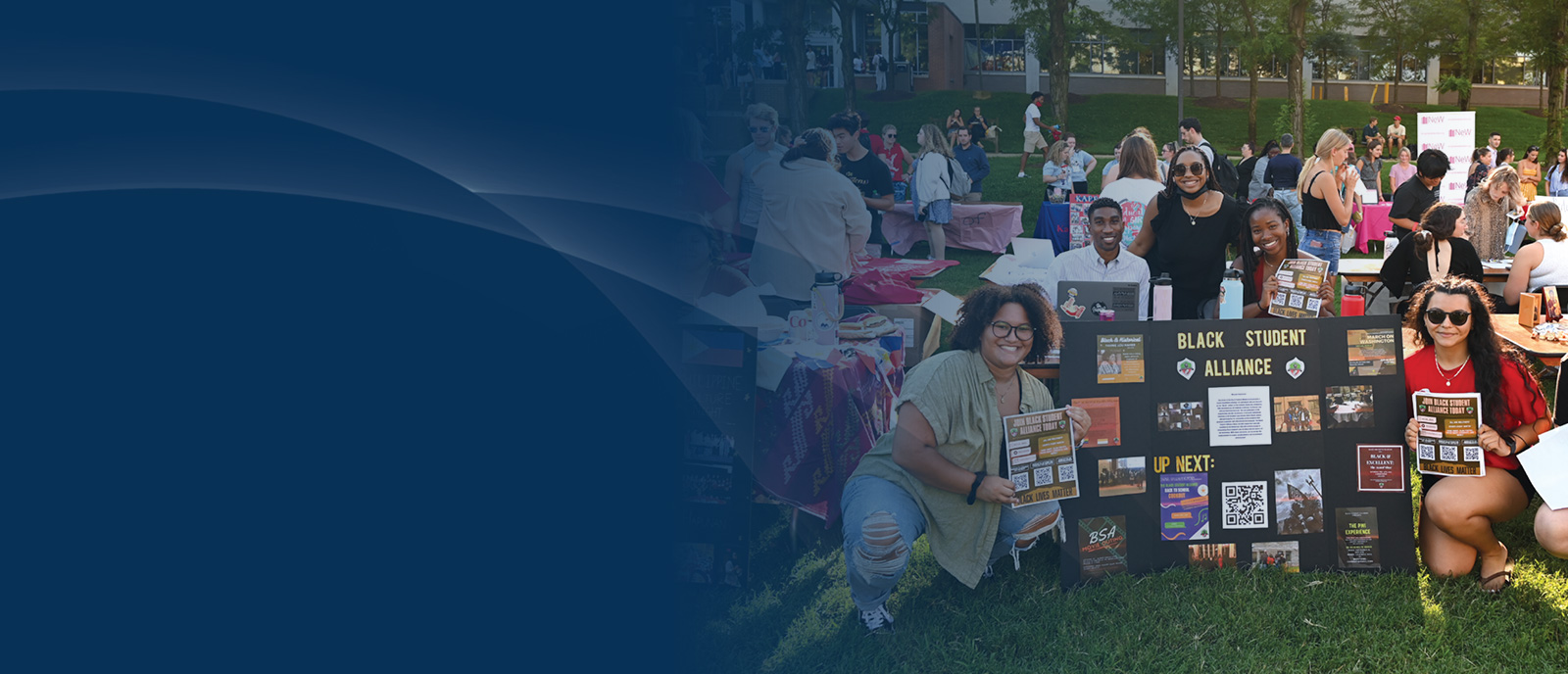

Catholic University’s commitment to addressing the sin of racism, which is at once personal and social, is rooted in the Catholic faith, the faith on which Sister Thea staked her life. It is through thoughtful engagement with that faith that the University aspires to build up a Christian culture on campus and in the wider world. The Gospel of Jesus Christ provides the framework for the work of the committee.
We are one human family, united in our humanity and enriched by our diversity.
The Catholic commitment to overcoming racism and all forms of exclusion is ultimately rooted in our understanding of the human race as one family.
God created all people to be in communion with Himself and with one another. This communion requires that we recognize and appreciate the unique gifts of all individuals and cultures. Unity is not uniformity.
While envisioned and intended by God, this unity too often fractures because of sin. As people, we become divided and in conflict. Our differences should be mutually enriching and bring us into a deeper relationship with others, but too often they become the justification for domination, exploitation, separation, ridicule, and rejection.
In Christ, God seeks to gather all people, divided by sin, once again into a communion of love and truth. As Pope Benedict XVI reminds us, what he calls our “great hope” is “communal salvation” and “the reestablishment of unity” broken by our sin. He points to an understanding of sin as “the destruction of the unity of the human race, as fragmentation and division.”
This “great hope” should enliven every other hope we have and inspire us to fight against divisions within our human family that separate rather than unite us and become swords used to violate human dignity.
Our Catholic faith gives us an imperative to dismantle the structures of sin.
Understanding our shared call to unity and the forces against it is not enough. Divisions within the human family don’t go away just because we say nice words about unity. Words must be matched with action.
Sin — a personal choice that reflects a divided heart pulling us away from God’s loving vision and into narrow self- centeredness — builds up over time in human life and in social institutions.
Saint John Paul II wrote vividly about “structures of sin” that go beyond individual action to distort our common life.
As a University that seeks “to discover and impart the truth through excellence in teaching and research, all in service to the Church, the nation and the world,”we have a particular intellectual responsibility to reject the structures of sin and to eradicate these structures, especially in their manifestation of what Saint John Paul calls “real forms of idolatry: of money, ideology, class, [and] technology.”
We must examine and act when we encounter structures within our own institution, and in the larger Church and society that we serve, that perpetuate division among God’s family and protect unjust privileges for some racial or ethnic groups, rather than serving all the children of God’s family.
We are called to practice everyday solidarity.
Lofty statements, new structures, and organizational flowcharts cannot ultimately guarantee the gentleness and encounter between people that is needed to achieve unity.
Real unity for a family or community relies upon the daily acts of mutual support, care, and mercy toward each other that form what we refer to in our Catholic tradition as solidarity.
Pope Francis has called this everyday commitment to solidarity “social love.” He has challenged us to be radically open to others — even, and perhaps especially, others who are very different from us — instead of closing ourselves and our societies off from one another.
Solidarity must be proactive; it must cross the boundaries that so often divide us from each other. In classrooms, offices, residence halls, and dining halls, we are constantly offered opportunities to enact this solidarity.
This is not always easy. When we “enter into the reality of other people’s lives,” humbling ourselves and allowing differences to mutually enrich us, our lives become, as Pope Francis promises, “wonderfully complicated.”
It can be difficult to know how to practice solidarity. The University has a responsibility to assist students, faculty, and staff to grow in daily solidarity and to encourage this virtue in the structures of our community.